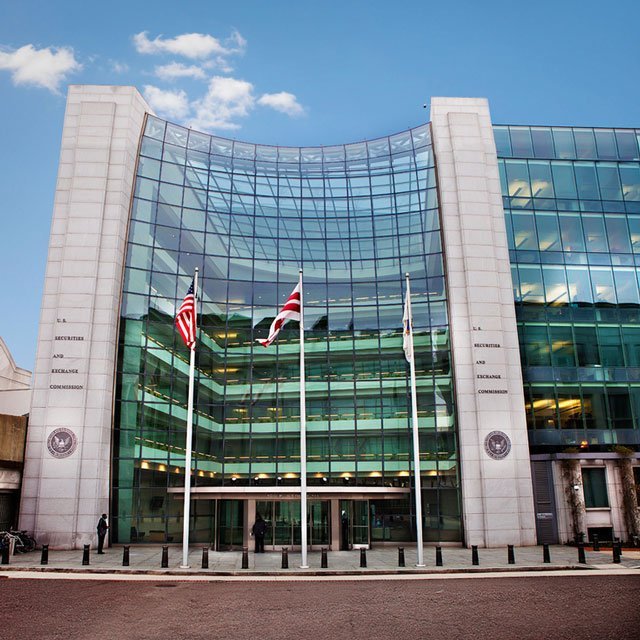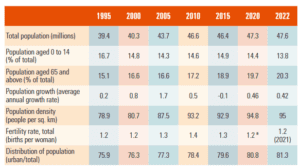SEC Prevails in 12b-1 Fee Case Against Advisory Firm

The “convoluted nature of this issue led the jury to side with the SEC and find Ambassador (and its owners) liable for violating Section 206(2) of the Investment Advisers Act,” Ambassador said.
On May 13, 2020, the SEC charged Ambassabor — as well as Bostwick, Kauffman and Young, part owners, executives and investment advisor representatives of Ambassador — with unlawfully investing from at least Aug. 15, 2014 through December 2018 their advisory clients in mutual fund share classes with 12b-1 fees when lower-cost mutual fund share classes were available to the clients.
By investing clients in mutual fund share classes that charged 12b-1 fees they “received a lower return on their investment, and Bostwick, Kauffman, and Young received additional compensation in the form of 12b-1 fee revenue,” the complaint states.
In its Thursday statement, Ambassador stated that its disclosures to clients from 2014 to 2018 “followed the SEC’s instructions, precisely, but the SEC contends that additional language would have been helpful to inform investors about the availability of alternative investments that did not share a portion of their internal fees with Ambassador.
“This has been part of the revenue model Ambassador had been using since its inception. That model ended with the launch of ETF/Stock models that have been in use since 2016. Despite those facts, the jury felt that Ambassador Advisors should have said more,” the firm added.
Unfortunately, Ambassador continued, “due to the broad nature of Section 206(2), it doesn’t matter if an advisor is leading a Ponzi scheme or omitting preferred disclosure verbiage, any infringement is considered a violation of fiduciary duty to clients.
“As such, by not having the SEC Enforcement Division’s newly concocted disclosure verbiage in its 2014-2018 documents, Ambassador was deemed to have committed a ‘fraud or deceit.’ Despite this outcome, clients were never overcharged, nor were gains or returns compromised in any way. Ambassador simply didn’t have the SEC’s preferred words included in documents back in 2014-2018,” the firm explained.
On Dec. 20, 2021, summary judgment was entered against Ambassador Advisors for its violating Section 206(4) of the Investment Advisers Act of 1940 and Rule 206(4) thereunder for maintaining its 12b-1 fee arrangement.





